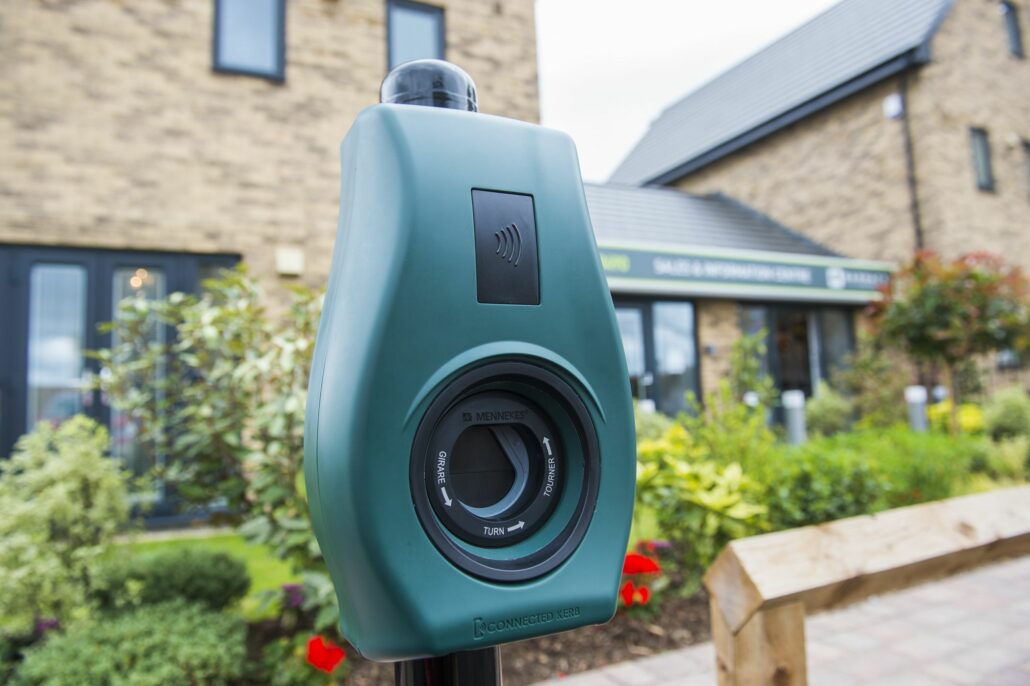
Connected Kerb project delivers EV charging to out-of-town communities
Connected Kerb has entered a partnership with Kent County Council to deliver EV chargers to out-of-town communities across the county.
In the project’s first phase, Connected Kerb will install 40 charging units across 20 sites around Kent and all income will go to the local community or be used to support the roll out and maintenance of more charge points.
Every charger will provide a 7kW – 22KW fast charge, and each one will feature contactless payment via the Connected Kerb app with a consistent network and tariff across the sites.
Connected Kerb’s charging infrastructure is designed to last more than 20 years.
Some areas of rural Kent have just 2.2 chargers per 100,000 people compared with 63 public charging units per 100,000 in London.
Chris Pateman-Jones, CEO of Connected Kerb, said, “Access to charging infrastructure is one of the biggest barriers to the uptake of EVs. Although demand for chargers is higher in dense urban areas, the lack of infrastructure in out-of-town communities leaves people concerned about switching to EVs. It is vital that access to public charging is equitable across the entire country and we bring an end to the EV charging postcode lottery.
“Nobody should be left behind by the EV revolution because of where they live. Our partnership with Kent County Council shows that the economics of installing EV charging in non-urban areas is much more favourable than many believe. This is a recipe for success for local authorities across the UK.”
Tim Middleton, Transport Innovations Programme Manager, Highways, Transportation & Waste from Kent County Council, added, “Providing adequate electric vehicle charge-points across the county is a key part of our strategic plan to achieve carbon neutrality by 2050.
“This partnership offers a fantastic opportunity for Kent businesses, residents and visitors to have equal access to electric vehicle charging infrastructure – not only is this crucial as we move closer to the 2030 ban on the sale of petrol and diesel cars, but it means that Kent can play its part in the transition to decarbonisation.”
End.
Green Infrastructure Week curates’ content from the entire ecosystem around green infrastructure from government and NGOs to respected commentators.
Feel free to share this content with your social media community using #GreenInfrastructureWeek
During Green Infrastructure Week we will host a programme of live and exclusive free-to-attend webinars.